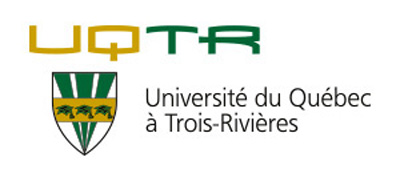Related projects
Discover more projects across a range of sectors and discipline — from AI to cleantech to social innovation.
Mitacs brings innovation to more people in more places across Canada and around the world.
Learn MoreWe work closely with businesses, researchers, and governments to create new pathways to innovation.
Learn MoreNo matter the size of your budget or scope of your research, Mitacs can help you turn ideas into impact.
Learn MoreThe Mitacs Entrepreneur Awards and the Mitacs Awards celebrate inspiring entrepreneurs and innovators who are galvanizing cutting-edge research across Canada.
Learn MoreDiscover the people, the ideas, the projects, and the partnerships that are making news, and creating meaningful impact across the Canadian innovation ecosystem.
Learn MoreDeep retrofits are a holistic approach to increasing a building’s capacity to be resilient to and adapt to climate events, such as: heat waves, flooding, air pollution, and earthquakes. Deep retrofits also help to lower a building’s energy use and operational and embodied carbon emissions. Operational carbon emissions are the greenhouse gas emissions associated with daily operation of the building, while embodied carbon emissions are associated with the materials and processes used in construction of the building. One of the most significant co-benefits of deep retrofits is the impact on occupant health, but there is a need for more research on these impacts, specifically in long-term care (LTC) facilities and multi-unit residential buildings (MURBs). This research project will aim to identify strategies for decreasing embodied carbon of LTC facilities while reducing operational carbon and enhancing resilience to climate change related events; highlighting the benefits of these strategies on occupant health.
Ayan Sadhu
Sara Wollschlaeger
Pembina Institute
Environmental sciences
Western University
Accelerate
Discover more projects across a range of sectors and discipline — from AI to cleantech to social innovation.
Find the perfect opportunity to put your academic skills and knowledge into practice!
Find ProjectsThe strong support from governments across Canada, international partners, universities, colleges, companies, and community organizations has enabled Mitacs to focus on the core idea that talent and partnerships power innovation — and innovation creates a better future.













































































































































































































































































































